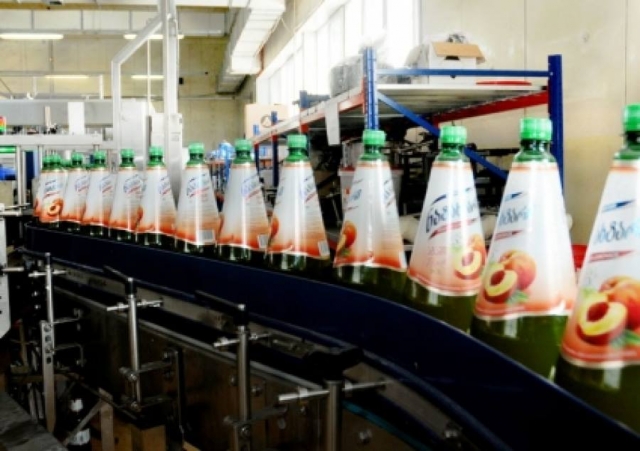Georgian Companies: No to Compulsory Electronic Labeling
Irakli Garibashvili, Prime Minister of Georgia, has commissioned Nodar Khaduri, Minister of Finance, to delay the enforcement of compulsory electronic labelling of non-alcoholic beverages.
According to the draft bill presented by the Ministry of Finance, labelling of carbonated, mineral and fresh water will begin on September 1. However this is not to the liking of all. The Government’s press office noted that a number of Georgian companies addressed the PM and requested him postpone the mandatory labelling plans due to summer season, citing concerns about the timely installation of labelling devices. As the press office informed, Irakli Garibashvili had upheld their request and decided to give them extra time, until 1 November 2015.
Electronic marking of beverages was initiated on 24 April, 2012, a practice which the business community has been struggling with for almost five years. The previous government explained this step was necessary as a measure to fight falsification of various products, for instance, bottled water. But Georgian companies voiced their opposition against the law, claiming that it would negatively impact their profits, as the associated costs of the labelling was high; this was both for the local and export market.
Manufacturers, during a public meeting on February 18, 2013, explained that a contract to supply the special marks, which were to be added to the bottle, cap or barrel of each beverage, was granted to a private Swiss company SICPA, which had signed exclusive contract with the government. Georgian companies are obliged to pay marking fees to SICPA under the agreement. The cost for 1,000 bottles of any beverage product, with the exception of water, equals to 5.50 EURO equivalent in GEL, while for mineral and freshwaters it is 4.63 EURO. Hence the companies claimed that electronic marking system would also increase the price of the beverages by nearly 8-10 percent.
Under the new government, Georgian companies are promised that at this stage all expenses will be covered by the Revenue Department. However, since the government has not specified whether the companies will be required to pay all relevant costs in future, the companies are doubtful of what is going to actually happen.
Soon after Garibashvili’s initiative was announced, the Association of Non-Alcoholic Manufacturers published a letter which stated that the Georgian companies did not request an extension of the date for enforcement; they called on the government instead to abolish plans for electronic labelling of beverages.
“All forms of labelling systems and ways of reimbursing the enforcement costs for the companies, proposed by the Georgian government up to date, have been unfair and irrational” – stated the letter. Moreover, the “compulsory electronic labelling of beverages is neither in the best interests of the state or that of business” – the companies claim.
Non-alcoholic manufacturers, in their letter, also demonstrated their support for alternative forms of financial registration by the government, which they claim can be more effective and cost-efficient. They have openly expressed their readiness to further cooperate with the government in the matter.
The above mentioned association has asked a meeting with the Georgian Prime Minister to present their arguments.
Nino Japarashvili











